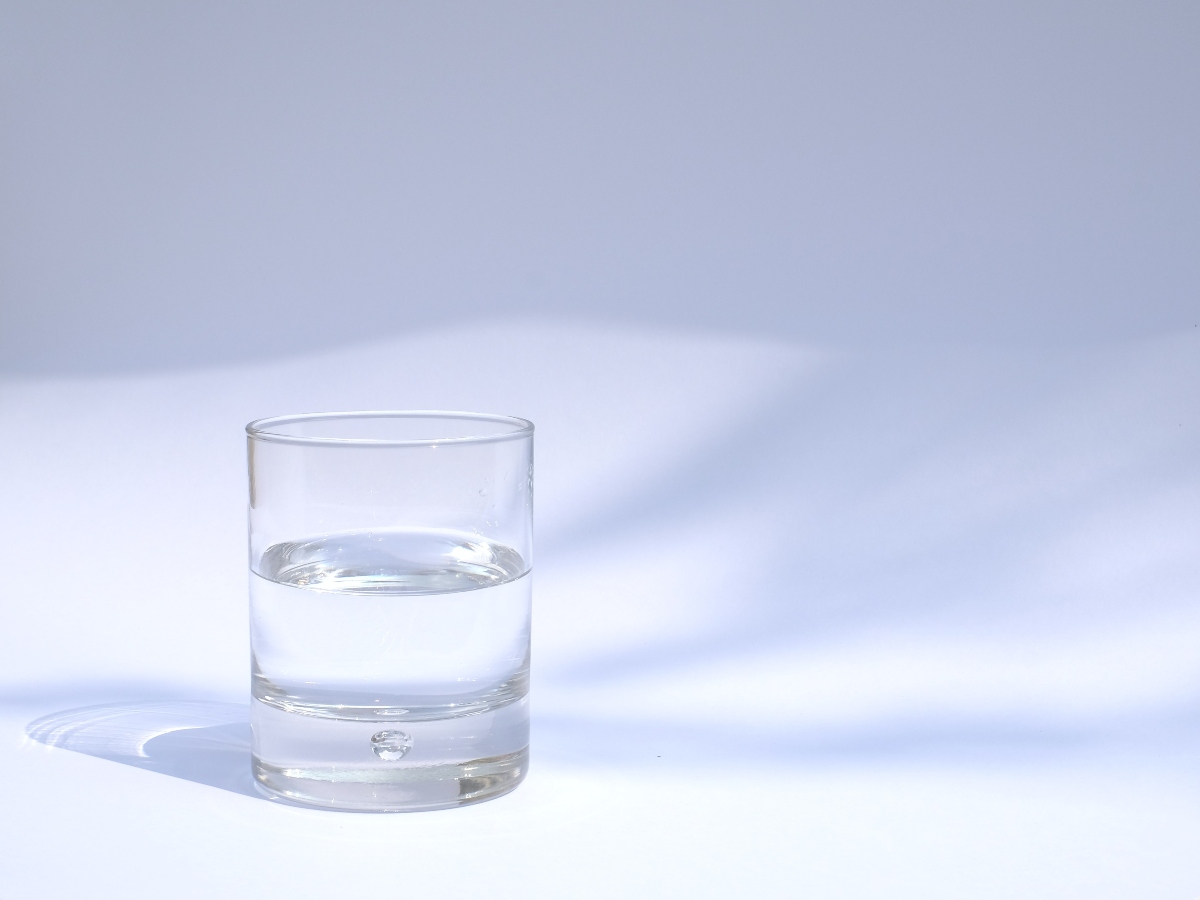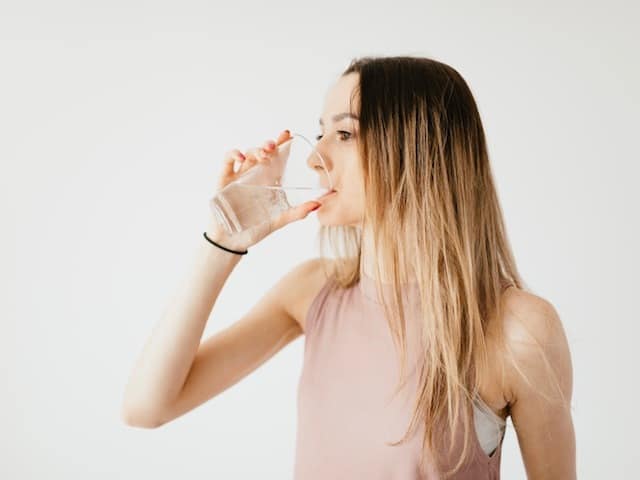The water from your tap does more than just go into a glass for drinking. The water in your home is used for showers, brushing your teeth, and cleaning your fresh fruits and vegetables. We use water to clean, but is the water even clean? Unfortunately, our water is not entirely pure. Luckily, homes are now becoming equipped with water filters. But, do water filters work?
Quick answer: Yes, water filters work. Here are answers to five common questions to help you decide if a water filter is right for you and for your home.

1. How Do Water Filters Work?
This is the most common question. First, it’s important to know that there are three primary technologies for water filters. There is a carbon filtration, reverse osmosis, and ion exchange. In order to pick out the best water filter for your home, you should know what each kind of technology does.
The first type of water filter is carbon filtration. With carbon filtration, there’s an additional two categories: carbon and activated carbon and granulated activated carbon.
The first one to understand is carbon and carbon activated water filters. In this type, the water flows through the filter as the carbon bonds itself to the water, drawing out the harmful contaminants. This leaves the water without the taste and odor of chemicals, and in some brands, takes out harsher metals as well. The two different forms of carbon filters will provide different levels of effectiveness.
Carbon Filtration: Granulated Activated Carbon
The first form of carbon filtration is granulated activated carbon. These filters are fine grains of carbon, with less surface area for the water to go through. The grains help develop flow channels so water can bypass the filter. There is a smaller surface area contact with the water, leading to a less effective option. This water filter removes the taste and odor of chemicals like Chlorine, giving your water a fresher taste. These are less expensive and more common carbon filters, and are used by popular companies Brita, Pur and Woder.
Carbon Filtration: Carbon Block Filter
The second form of carbon filtration is a carbon block filter. This filter will contain the activated carbon that is shaped in blocks and used under high pressure. The filter forces water through a maze of layers of the activated carbon, giving the water a longer contact time, and therefore making it the more effective option. This option helps the water filter remove contaminants like lead and fluoride.
Reverse Osmosis
The second technology is reverse osmosis, which is primarily used for a house filtration system. The initial carbon treatment will remove the chlorine, trihalomethanes and volatile organic compounds (VOC’s). During the reverse osmosis filtration, the water will pass through a membrane that blocks any particle that is larger than a water molecule. By only allowing the water molecules through, the reverse osmosis system removed many of the contaminants that are ordinarily present within the tap water system.
Ion Exchange
The last technology is ion exchange. Ion exchange processes are generally used with water softeners. Water softeners reduce the amount of calcium and magnesium that are present within plumbing fixtures, as well as reducing barium and radium, which is present in tap water. The other contaminants will generally still remain in the water.
2. Do Water Filters Work on Making My Water Taste Better?
There isn’t a coincidence that filtered water just tastes better; the taste you get comes from the filter. A popular water filter used in homes in an activated carbon filter. Once the water enters the filter, it flows through a carbon and activated carbon filter. This filter will remove the chemical taste and odor, leaving you with a fresh glass of tasteful water.
3. How Will Filtered Water Help My Family’s Health?
Currently, the Dallas Water Utility serves close to 1.2 million citizens and has 37 total contaminants in the tap water. There are 11 contaminants that exceed the EWG standards that are associated with cancer. By putting in a water filter, you are limiting you and your family’s exposure to those contaminants.
This isn’t just a problem within Dallas. Have you ever had water in a different city that just didn’t sit right with your stomach? That sickness isn’t attributed to your day of traveling, but due to different contaminants that each city can have in their water. Something as simple as using water with contaminants to brush your teeth can cause those stomach issues.
Taking away contaminants and hard metals will improve the health of your family today, but will also make sure to ward off any potential illnesses, like cancer or brain damage, in the future. We all want the best for our family’s health, and buying a water filter to reduce toxins will do just that.
4. Do Water Filters Work With My Budget?
Not only do water filters work with a budget, they’ll work in the long run to help you save money. By using a water filter, you can save on costs of buying plastic water bottles or subscribing to a delivery service. For example, a standard Brita water pitcher needs to be refilled every 40 gallons, or every two months if used regularly. In Texas Walmart’s, a 12 pack of Ozarka Natural Spring water is $2.92. Each bottle holds 16.9 ounces. It would take 303 bottles to reach the 40-gallon limit that a water filter holds. For 303 bottles, the price is around $75 plus tax. Whereas, a 40-gallon water filter costs around $4.00, plus your monthly water charges.
5. Will a Water Filter Help the Environment?
Absolutely! One of the biggest attractions to a water filter is reducing your environmental footprint on the Earth. The average American uses 167 disposable water bottles a year, while only recycling 38. It was estimated that in 2019, Americans used around 50 billion plastic water bottles with an annually declining 9% recycle rate. This left America with over 40 billion water bottles in the landfills, leading to over one billion dollars worth of plastic spent and thrown away each year.
If you’re someone who travels a lot and wants to keep drinking safe water, no need to look any further. We have a guide to help you pick out a filtered water bottle for travel.

Next Steps
At the end of the day, we all need water to survive. Between drinking water, doing dishes, and bathing children, our level of water needs to be better. To find out what is in your tap water and set up an appointment to get your own water filter, give us a call at 1-800-610-2145 or visit us online today.
To find out tricks on how to achieve cleaner water with a water filtration system, check out our video on YouTube.
ONIT Home is your one-stop shop for all your bundled home needs. We’re currently offering $1,500 in vouchers to be used with security, water and solar. You can also get a free water filtration system and security system with the purchase of a solar panel system, or a $2,000 security system for only $1,000. That way, you can protect your family from contaminated water and protect them with a safe home. Contact us today online or by giving us a call at 1-833-433-0331 so we can set you up with this incredible deal.



